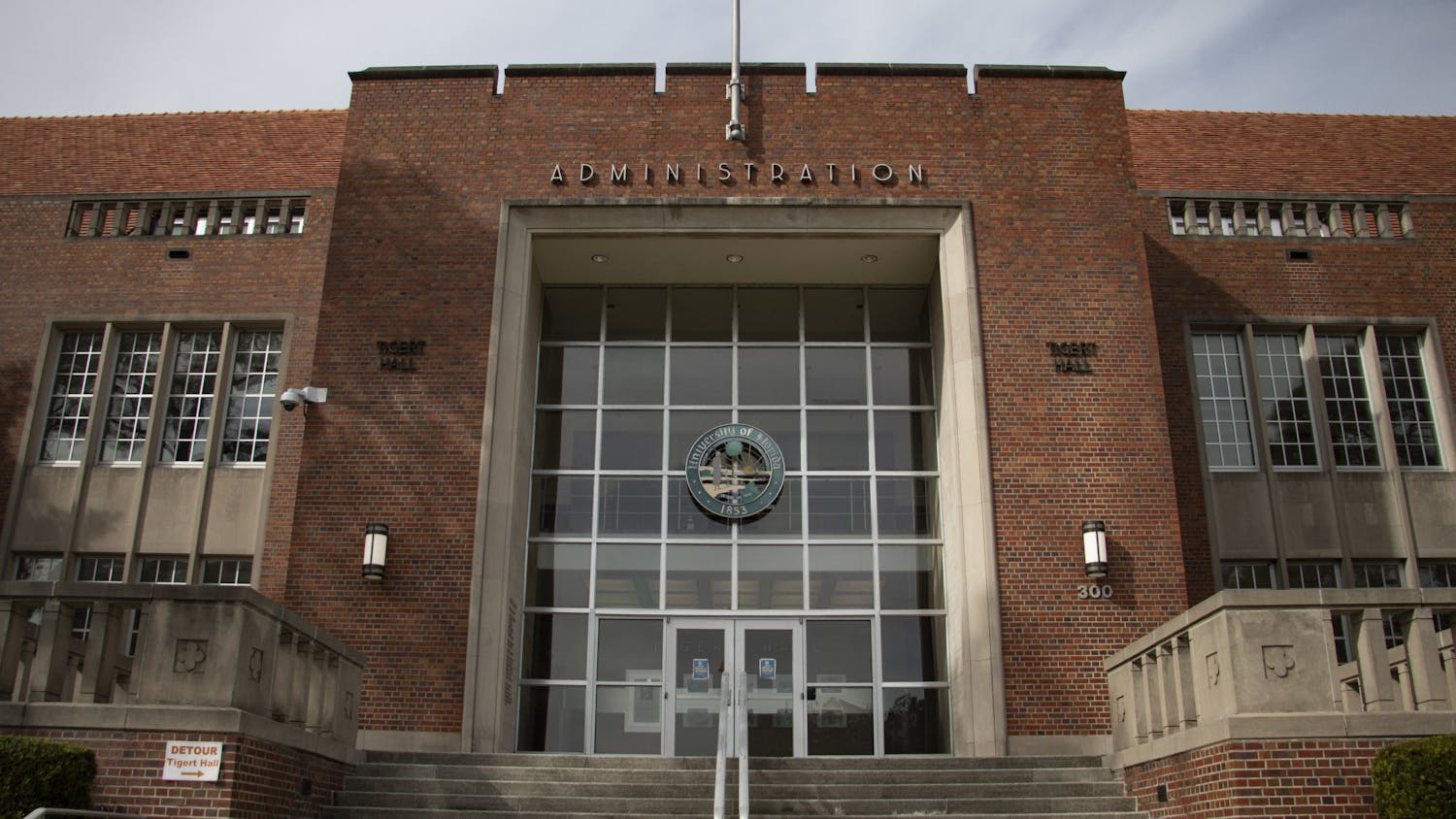Even if you're the consummate hippie, walking or biking everywhere, you've probably felt the squeeze of skyrocketing oil prices. The price of electricity, food and practically every consumer product imaginable has increased due to the historic spike in oil prices.
To the uninitiated or uninformed, it might seem as if this increase came out of nowhere, as neither supply nor demand for oil has shifted significantly. Consequently, it's become fashionable among the liberal and idealistic crowd to lay the blame at the feet of mammoth oil companies, President Bush or the American public. With even cursory examination, though, none of these criticisms hold water.
The cost of crude oil is close to $150 a barrel, and a barrel of even the best crude only yields about 30 gallons of gasoline. Although the remainder of the barrel can be refined into various other products, when considering taxes and the cost of producing and distributing gasoline, the cost of raw materials alone makes it hard to believe that companies are profiting from gasoline at all, much less raking in the windfalls for which they're often accused.
Likewise, it's become almost a cliché to blame Bush for whatever new woe befalls America this week. For what it's worth, Bush recently returned from a trip to Saudi Arabia where he convinced the Saudis to soon increase production by 300,000 barrels a day. Although relatively small, this bump should make a noticeable difference in the price of gas.
Perhaps the closest liberals come to the truth is lambasting the American people for their inability to curb their thirst for oil.
Never mind that American demand for oil has in fact been falling slowly but surely over the past 12 months or that hybrid car sales are soaring. The truth is that Americans are unwilling to give up their current standard of living, which means the demand for energy will, at best, remain relatively constant.
Therefore, the principles of economics dictate that any major change in consumption must come from the supply side of the market -a reality that liberals with their emissions caps, recycling programs and fuel economy standards fail to recognize. While they're on to something with their emphasis on renewable fuels and sustainable energy, they're still far behind the free market.
Again, look at the hybrid car market, which has grown steadily every year for a decade. Americans are largely unwilling to drive less, but they're perfectly happy to use less gas to do it. Whether they're influenced by high gas prices or environmental consciousness is irrelevant -the effect is the same.
Besides tapping the billions of barrels of oil under American soil and just offshore, the mere suggestion of which sends liberals into fits, perhaps the most obvious solution to securing both stable oil prices and energy independence lies deep within the atom. Hardly one-fifth of America's electricity comes from nuclear sources, far less than Europe and soon even China. To this end, Sen. John McCain has proposed building 45 new nuclear power plants in America, while Sen. Barack Obama has simply stated that he is "not a nuclear energy proponent."
This anxious, idealistic attitude lies at the base of most liberal proposals on the issue. All Americans want greater energy independence and lower energy prices, but conservatives seem to be the only ones presenting logical, realistic policy proposals for attaining them.
Joshua Simmons is an economics senior and the executive director of the Florida Federation of College Republicans. His column appears on Tuesdays.





